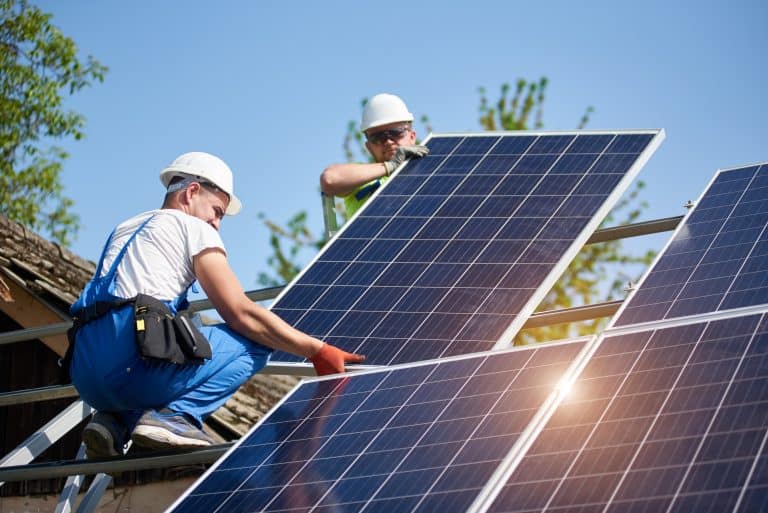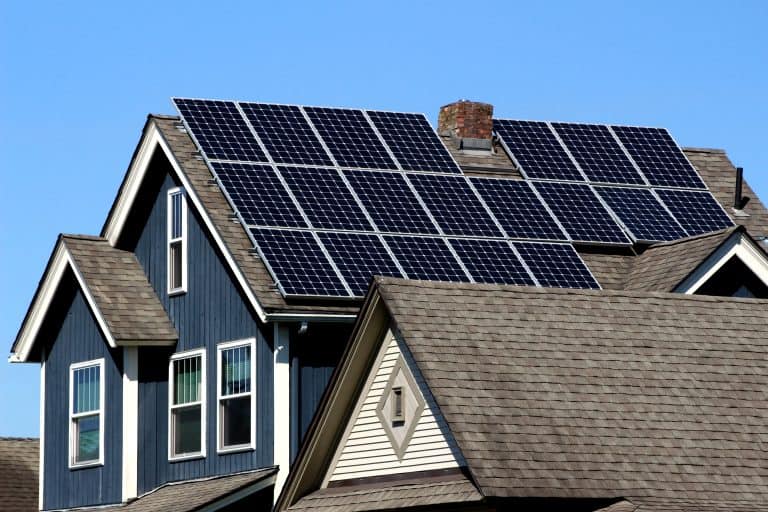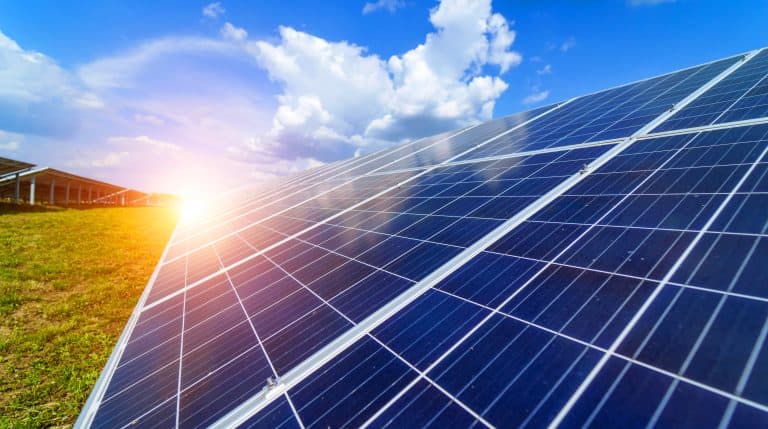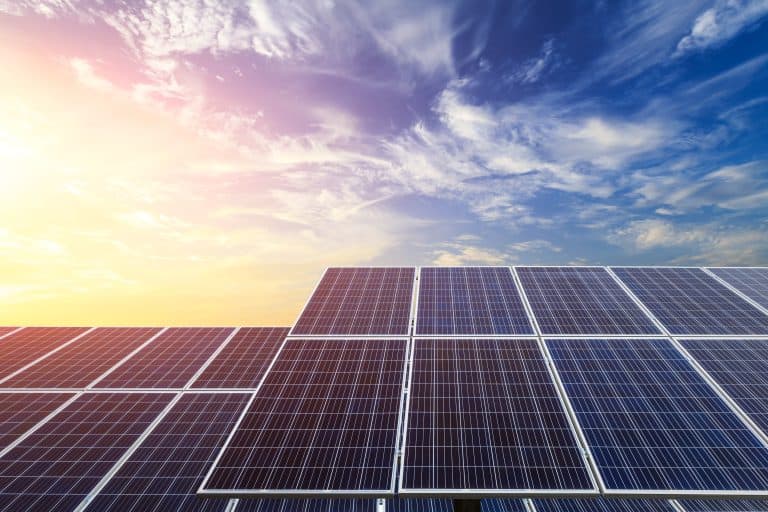Solar Power for Your Home
Solar Power
A Brilliant Way to Go Green
Installing solar panels on your roof is one of the best investments you can make to reduce your environmental impact and take control of your energy costs. The average residential solar system cuts home electricity bills by 50-90% or more!
Going solar also provides energy independence, reduces your carbon footprint, increases home value, and protects against rising energy rates. With solar, you can lock in low energy costs for decades. And any excess power your panels produce can even be sold back to the grid for additional savings in some areas.
With solar panel efficiency and reliability at all-time highs, and installation prices dropping each year, now is the perfect time to harness the sun’s unlimited energy for your home. Contact us today to start planning your solar project and take the first step towards energy freedom!
 Credit: anatoliy_gleb / stock.adobe.com
Credit: anatoliy_gleb / stock.adobe.com Guide to Installing Solar Panels
Installing solar panels allows you to generate your own electricity, reduce your carbon footprint, and lower your energy bills. While professional installation is recommended for most homes, elaborate DIY installations are possible if done carefully. This comprehensive guide will walk you through the solar panel installation process and provide tips to help you make the…
 Credit: CLShebley / stock.adobe.com
Credit: CLShebley / stock.adobe.com Guide to Government Incentives and Programs for Solar Energy
Solar power represents one of the most abundant and accessible sources of clean energy available today. However, the upfront costs of installing solar panel systems can be prohibitively expensive for many households and businesses. Fortunately, federal, state, and local governments offer a range of incentives and programs aimed at accelerating the adoption of solar energy….
 Credit: Vadim / stock.adobe.com
Credit: Vadim / stock.adobe.com Guide to Solar Panel Options
Solar power is an increasingly popular source of renewable energy for homes and businesses. As solar technology advances, solar panels are becoming more efficient and affordable. For those considering installing a solar energy system, one of the most important decisions is choosing the right type of solar panel. The panel type impacts how much electricity…
 Credit: ABCDstock / stock.adobe.com
Credit: ABCDstock / stock.adobe.com Introduction to Solar Energy
A renewable energy source that shows immense promise is solar energy. Solar energy comes directly from the sun and can be harnessed in different technologies to generate electricity and provide power for homes, businesses, and communities. In this article, we will provide an introduction to solar energy, explaining how it works, its benefits and advantages,…
Key Facts About Home Solar
- Solar panel systems last 25-30 years or longer with minimal maintenance. The warranties on solar panels from top brands often guarantee at least 80% efficiency for 25 years.
- New solar installations in the U.S. increased 46% from 2020 to 2021 as prices dropped and incentives rose. [1]
- The average payback period for a home solar system is 6-12 years, after which you enjoy free renewable energy from the sun! [2]
- Home values increase $15,000-$30,000 on average when solar panels are installed. This makes going solar a wise investment before selling. [3]
Sources:
[1] SEIA Solar Industry Research Data: https://www.seia.org/solar-industry-research-data
[2] EnergySage Solar Panels Payback Period Study: https://www.energysage.com/solar/101/solar-panels-payback-period/
[3] Zillow Solar Value Report: https://www.zillow.com/solar-value-report
